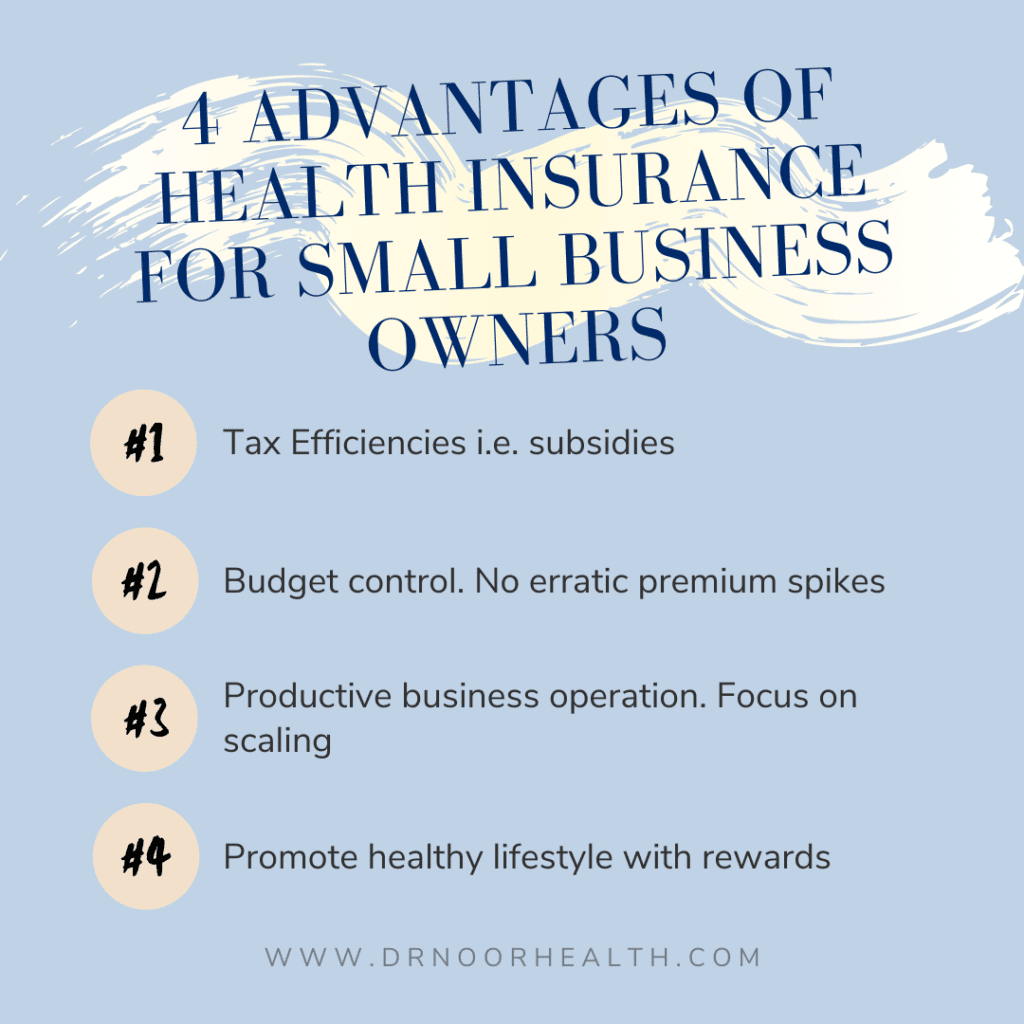When to Seek Medical Attention After a Car Accident
After a car accident, it’s only natural to be shaken up. You might be wondering if you should go to the hospital, even if you don’t feel like you’re seriously injured. The truth is, it’s always better to err on the side of caution. Here are a few things to keep in mind when deciding whether or not to seek medical attention after a car accident.
Pain
Pain is one of the most common symptoms after a car accident. If you’re experiencing any pain, it’s important to see a doctor to rule out any serious injuries. Even if the pain is minor, it could be a sign of a more serious injury that requires medical attention. For example, whiplash, a common neck injury caused by car accidents, often doesn’t manifest itself until days or even weeks after the accident.
Don’t be afraid to seek medical attention, even if you’re not sure if your pain is serious. It’s better to be safe than sorry. Besides, doctors are trained to diagnose and treat pain, so they’ll be able to give you the best possible care.
Of course, not all pain after a car accident is a sign of a serious injury. If you’re only experiencing minor aches and pains, you may be able to treat them at home with rest, ice, and over-the-counter pain medication. However, it’s important to monitor your pain closely and see a doctor if it doesn’t improve or gets worse.
Also, remember that pain is subjective. What might be a minor inconvenience for one person could be severe for another. So, don’t downplay your pain. If you’re in pain, see a doctor.
Should I Go to the Hospital After a Car Accident?
Have you ever wondered, “Should I go to the hospital after a car accident?” If you’ve been in a car crash, it’s crucial to evaluate your health and determine if you need medical attention. Even if you don’t feel severely injured, you may have sustained hidden injuries that require treatment. This article will guide you through the signs and symptoms you shouldn’t ignore after a car accident, helping you make an informed decision about whether to seek medical care.
Symptoms You Shouldn’t Ignore
After a car accident, it’s common to experience some discomfort. However, certain symptoms warrant immediate medical attention. Here are some red flags to watch out for:
1. Headaches, Neck Pain, and Dizziness: These symptoms could indicate a concussion, a traumatic brain injury that can cause serious health complications if left untreated.
2. Pain or Numbness: Persistent pain, especially in the neck, back, or limbs, could signal nerve damage or spinal injuries. Numbness, on the other hand, can also be a sign of nerve damage or even a stroke.
3. Difficulty Breathing: Chest pain, shortness of breath, or coughing up blood are all indications of potential lung or airway injuries. Seek medical attention immediately if you experience any of these symptoms.
4. Nausea or Vomiting: These symptoms may be signs of internal bleeding or a head injury. If you’re experiencing nausea or vomiting after a car accident, don’t hesitate to consult a doctor.
5. Blurred Vision or Double Vision: These symptoms can be indicative of eye injuries or a head injury. If your vision is affected after a car crash, seek medical attention promptly to prevent further damage.
Should I Go to the Hospital After a Car Accident?
After a car accident, your head’s probably spinning. You’re disoriented, maybe even in shock. You’re not sure if you should call the cops or an ambulance. Should you go to the hospital? Here are a few things to consider:
Obvious Injuries
If you have any obvious injuries, like broken bones or cuts that are bleeding heavily, you should go to the hospital right away. These injuries need to be treated as soon as possible to prevent further damage.
Head Injuries
Head injuries can be tricky because they’re not always obvious. Even if you don’t have any visible cuts or bruises, you could still have a concussion or other head injury. If you’re experiencing any of these symptoms, you should go to the hospital:
- Headache
- Nausea
- Vomiting
- Dizziness
- Blurred vision
- Confusion
- Loss of consciousness
Chest Injuries
Chest injuries can also be serious, especially if they involve your lungs or heart. If you have any of these symptoms, you should go to the hospital:
- Chest pain
- Shortness of breath
- Coughing up blood
- Bruising on your chest
- Pain when you breathe
Abdominal Injuries
Abdominal injuries can be difficult to diagnose, but they can be very serious. If you have any of these symptoms, you should go to the hospital:
- Abdominal pain
- Tenderness or swelling in your abdomen
- Nausea
- Vomiting
- Bruising on your abdomen
- Pain when you urinate
- Pain when you have a bowel movement
Other Reasons to Go to the Hospital
Even if you don’t have any obvious injuries, you should still go to the hospital if you’re experiencing any of these symptoms:
- Pain that doesn’t go away
- Numbness or tingling in your hands or feet
- Weakness or difficulty moving
- Difficulty speaking or swallowing
- Changes in your vision
- Confusion or disorientation
If you’re pregnant or have a pre-existing condition, it’s especially important to get checked out after an accident. Your doctor can make sure that you and your baby are okay and that your pre-existing condition hasn’t been aggravated.
Should I Go to the Hospital After a Car Accident?
If you’ve been involved in a car accident, the aftermath can be confusing and stressful. You may be wondering if your injuries are serious enough to warrant a trip to the hospital. Here’s a quick guide to help you decide.
When to Call 911
If you have any of the following symptoms, call 911 immediately:
- Chest pain
- Shortness of breath
- Difficulty walking
- Head injury
- Neck pain
- Back pain
- Loss of consciousness
When to Seek Medical Attention
If you don’t have any of the above symptoms, but you’re still feeling pain or discomfort, you should seek medical attention as soon as possible. Some injuries may not show up immediately, so it’s important to get checked out to rule out any serious underlying issues.
What to Expect at the Hospital
If you do decide to go to the hospital, you can expect to be evaluated by a doctor or nurse. They will ask you about your symptoms and perform a physical examination. If necessary, they may order some tests, such as X-rays or a CT scan.
Based on the results of your evaluation, the doctor will determine if you need to be admitted to the hospital for further treatment. If your injuries are minor, you may be sent home with instructions on how to care for yourself.
When to Follow Up with Your Doctor
Even if you don’t go to the hospital right away, it’s important to follow up with your doctor within a few days. This is especially important if you’re experiencing any of the following symptoms:
- Worsening pain
- Stiffness or swelling
- Headaches
- Dizziness
- Nausea or vomiting
- Fatigue
If you’re unsure whether or not you should go to the hospital after a car accident, it’s always better to err on the side of caution and get checked out. Even if your injuries turn out to be minor, it’s worth it to have peace of mind knowing that you’re okay.




Leave a Reply